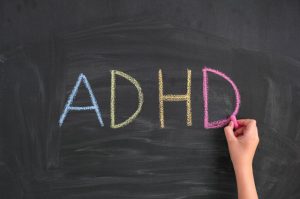ADD / ADHA
Attention Deficit Disorders With/Without Hyperactivity |
|
| ADD/ADHD is not new. The name has just been changed. There is a high co-morbidity with dyslexia, with 60-70% of individuals with ADD having dyslexia as well. Unfortunately, currently ADD/ADHD is predominantly being identified and addressed through a single symptom, attention concentration or the behavioral aspect, as opposed to the more pervasive language, perceptual, and processing deficits which also exist. | |
| General Characteristics Of Dyslexia and Attention Deficit Disorders:
Addressing the single characteristic of attention/concentration through drug therapy is counterproductive and has long-term negative effects. Diagnosing a child or adult as ADD/ADHD based on this single characteristic is also erroneous. Other medical and behavioral problems also have attention/concentration or hyperactivity as a symptom, such as brain damage, nutritional and vitamin deficiencies, behavioral and emotional disorders, thyroid deficiency, environmental toxin exposure, etc. It is critical that a thorough differential diagnostic battery be administered to properly diagnose ADD/ADHD. There is no check sheet or inventory sufficient to diagnose ADD/ADHD properly. |






